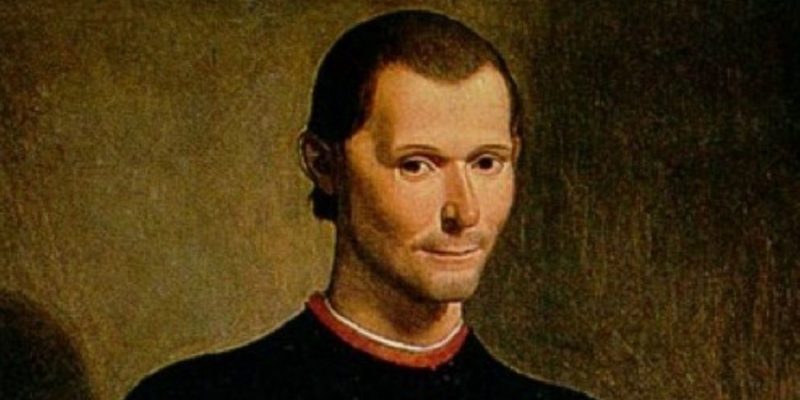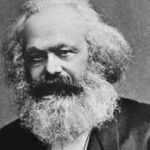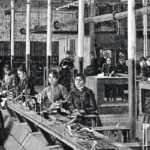We explain what class struggle is and what relationship it has with Marxist doctrine. Historical background. Class consciousness.

What is class struggle?
The class struggle is a fundamental theoretical principle in the philosophical doctrine of Marxism and historical materialism.
It proposes the existence of conflicts in society as a consequence of a dispute or antagonism between the sectors that make it up (social classes), to the extent that each class tries to reorganize it politically and economically in its favor. From this constant struggle, inherent to every form of human political organization, the political and social progress that makes up History would emerge.
According to the Marxist proposal, capitalist industrial society is the most recent of a succession of economic and social systems in which There has always been tension between the poor and the rich.masters and slaves, feudal lords and serfs, or in contemporary terms, bourgeoisie and proletariat.
These tensions have dynamited the systems from within, increasingly pointing towards new, more egalitarian structures, in a process that would culminate in a classless society of social and economic equality. Only then could the conflict be resolved.
The concept of class struggle It is popular among leftist militancy and bases the conception of the revolutionary world, which aspires to detonate the insurgency of the oppressed classes in order to move from capitalism to communism, which would be its egalitarian and evolved form.
See also: Working class
Historical background of the class struggle

Although it was formulated in (and is attributed to) the work of Karl Marx and Frederick Engels in the 19th century, from whose influence and popularity the doctrines of socialism, communism and historical materialism were derived, the antecedents of the class struggle can be traced long before, in the writings of Niccolò Machiavelli (16th century).
The Italian philosopher divided the sides in tension in every politically organized society between “the people” who are governed and “the great” rulers. Later, with the advent of the Modern Era and the triumph of bourgeois values (such as private property and liberalism), these tensions became between owners and workers. Jean Jacques Rousseau, François Quesnay, Edmund Burke and the father of capitalism, Adam Smith studied this process in their respective works.
The anarchists, it should be added, were the ones who assumed the concept most similar to how Machiavelli proposed it, giving rise over time to a wide range of political and philosophical positions regarding the way in which the overthrow of the bourgeois State should occur: anarcho-capitalism, anti-statism, anarcho-individualism, etc.
Karl Marx
Karl Marx (Karl Marx in German) He was the one who best formulated this concept and popularized it in the contemporary world. Taking the line of thought that ran from Machiavelli to Burke, he proposed that the tensions of class struggle pushed the wheel of history, generating progress and social change. His words were: “The (written) history of all societies that have existed until now is the history of class struggle”.
Thus, Marx formulates the “Theory of class struggle as the engine of history”. In his vision, this fight was to appropriate the means of productionkidnapped by private property and the bourgeoisie in order to exploit the working class and maintain a privileged life status, at the expense of the efforts of the impoverished majority.
The resolution foreseen by Marx was the gradual transformation of capitalism until he himself laid the foundations of the Revolution, which would overthrow the bourgeois order and establish the “Dictatorship of the proletariat”, necessary for the advent of a classless society: communism.
class consciousness
Marxist doctrine calls “class consciousness” ability of individuals and masses to be aware of which social class they belong toin order to act in line with the needs of their social class and not play the game of the dominant classes. Alienation is the opposite of class consciousness: the impossibility of perceiving the capitalist exploitation to which workers are subjected.
This terminology is widely used in the discourses of the revolutionary left and socialist ideologies, often as a mandate (class consciousness) or a pejorative term (alienation).





